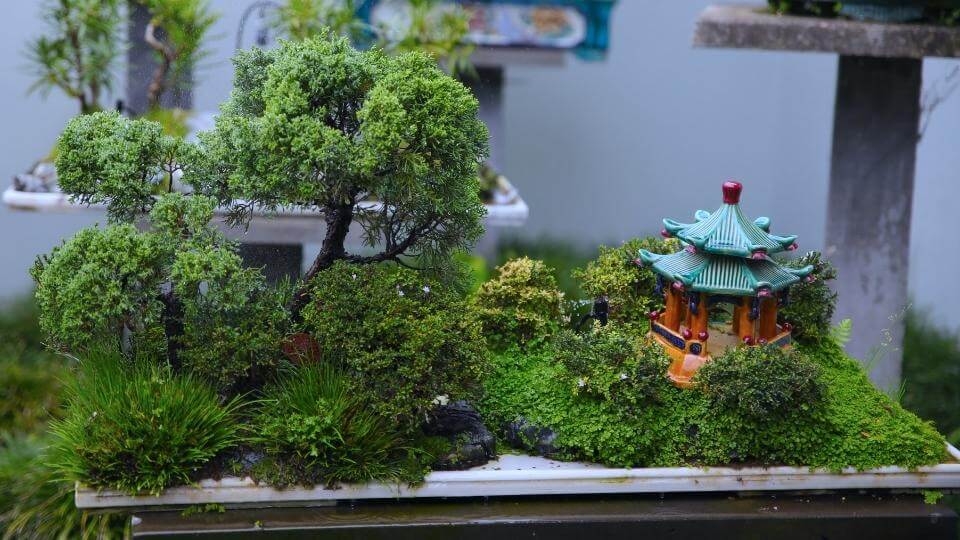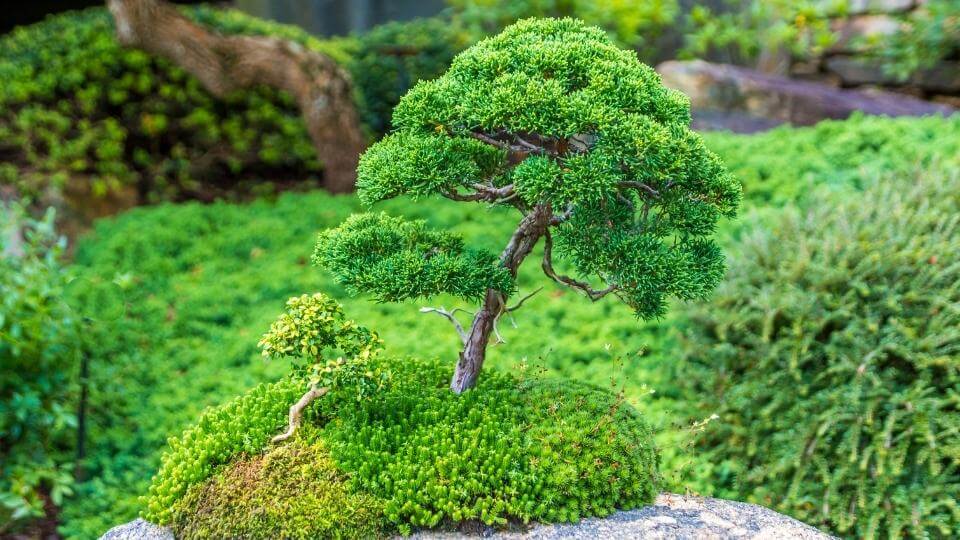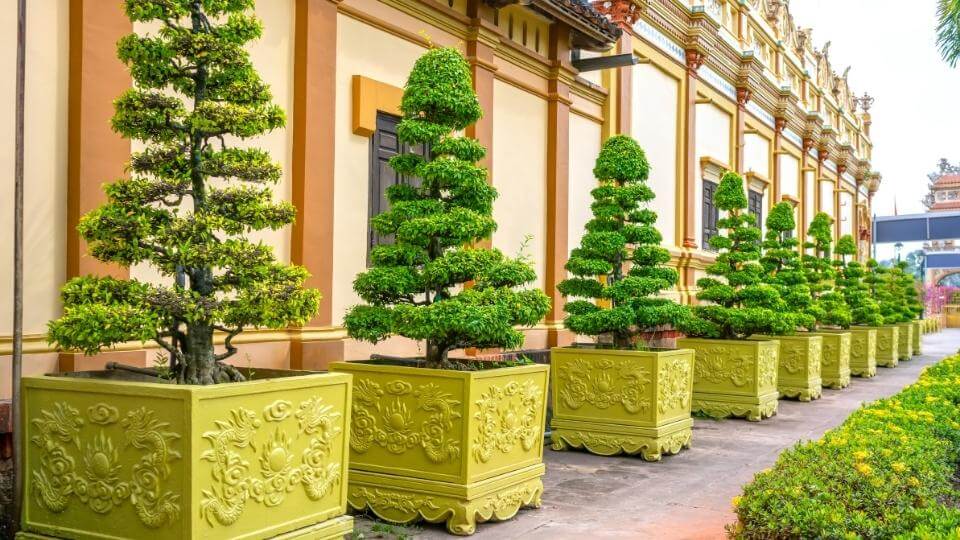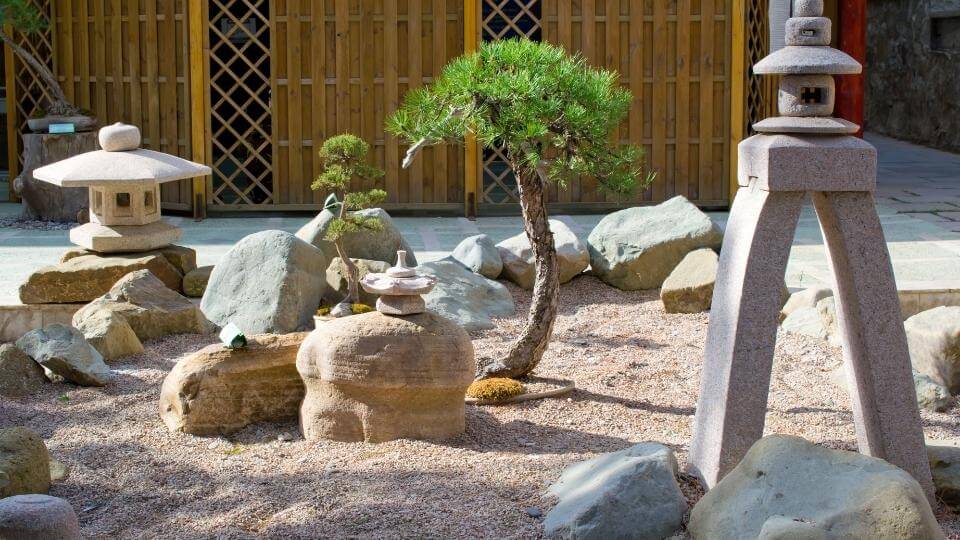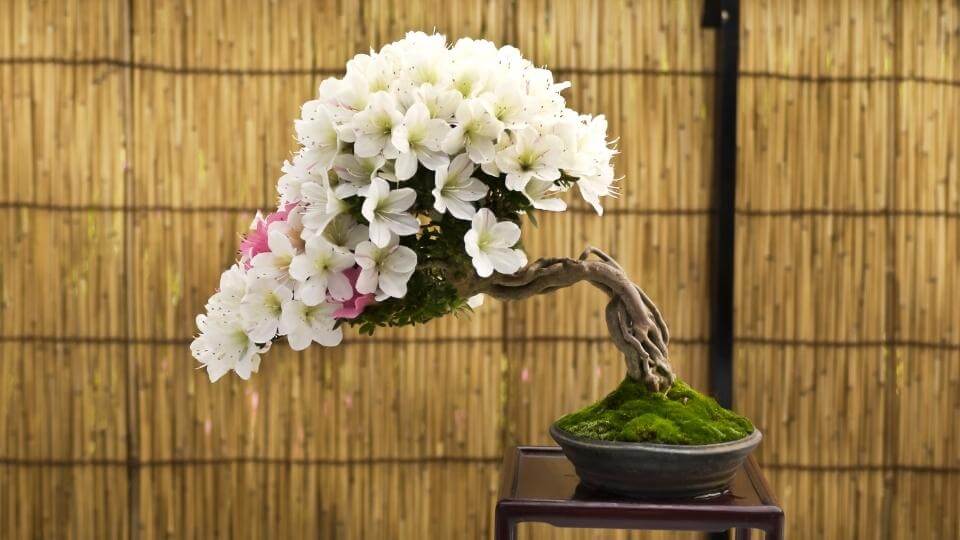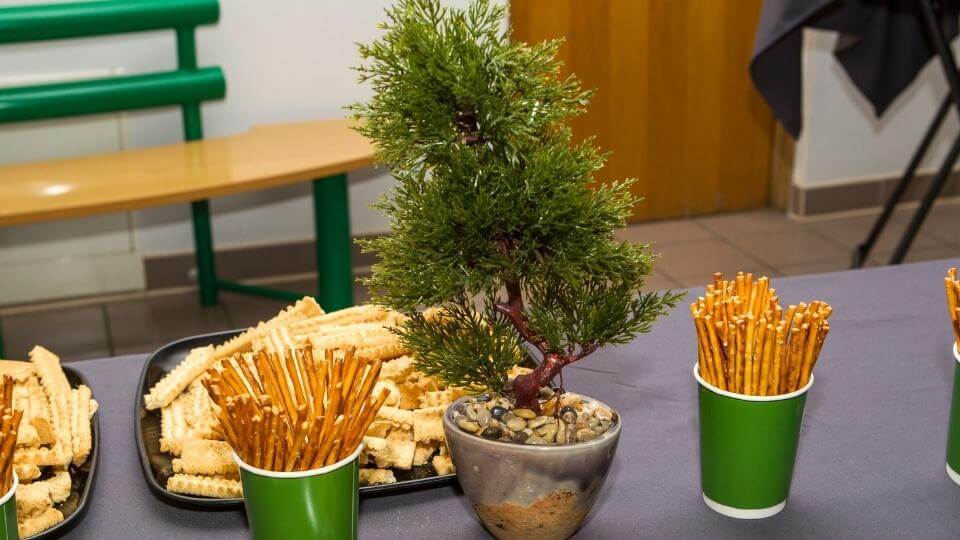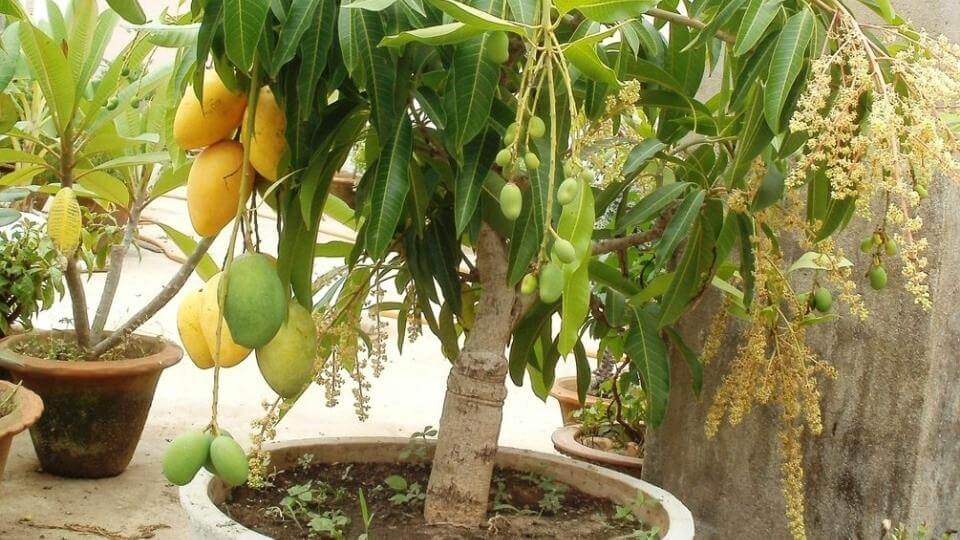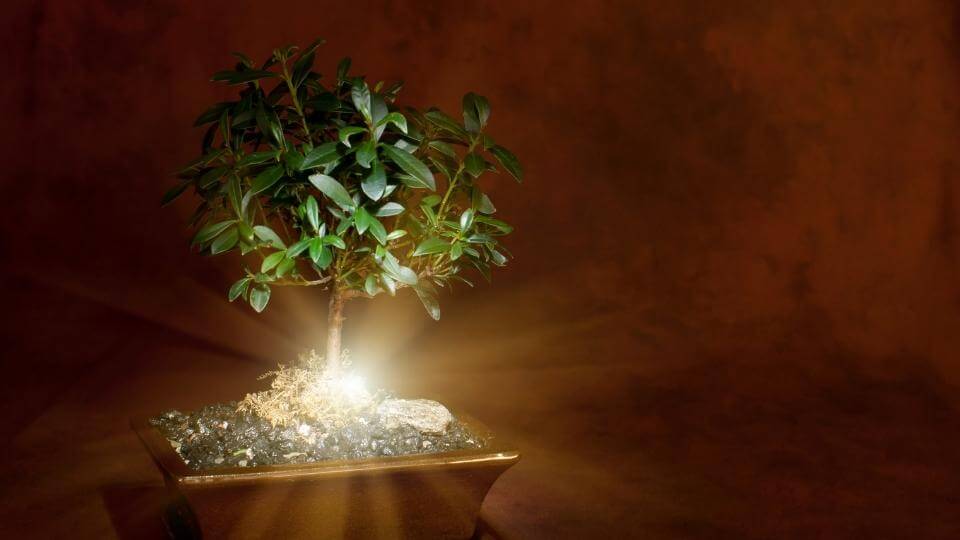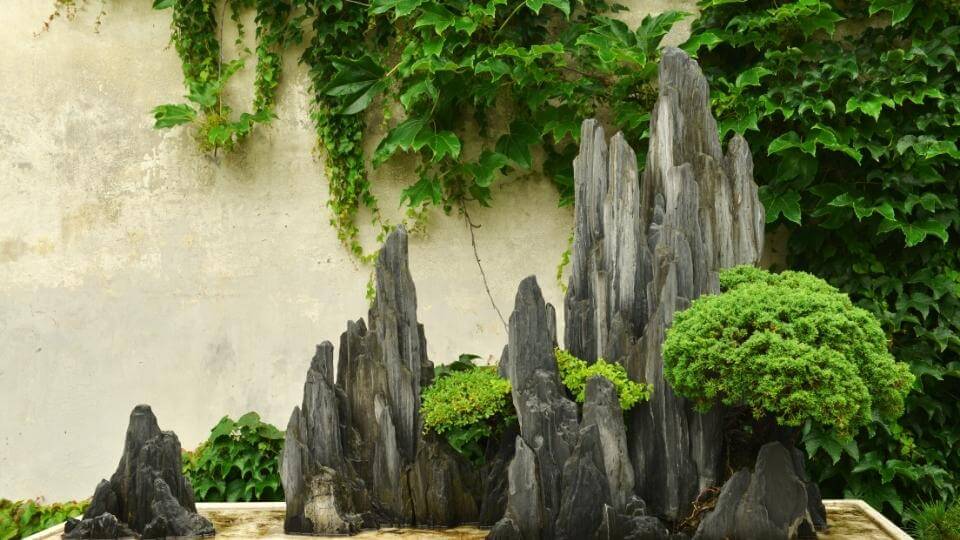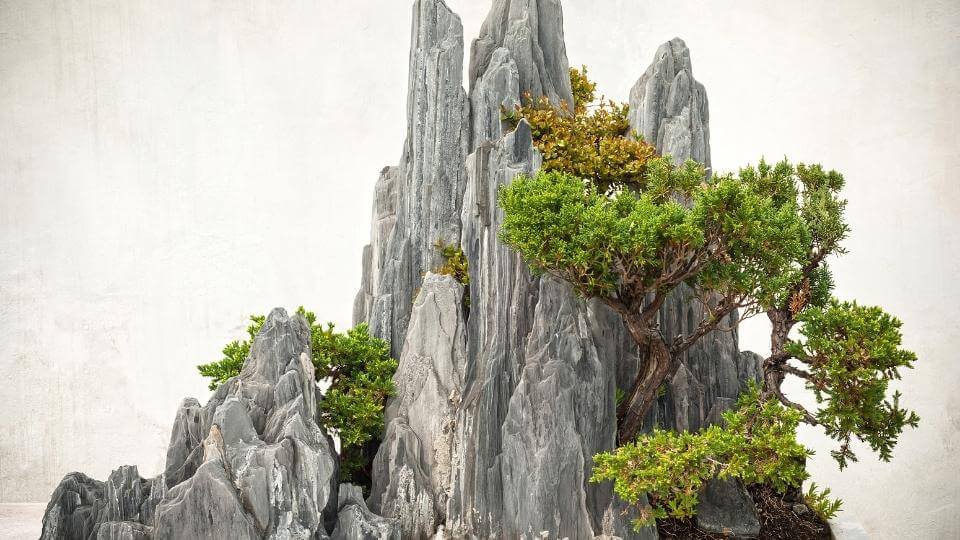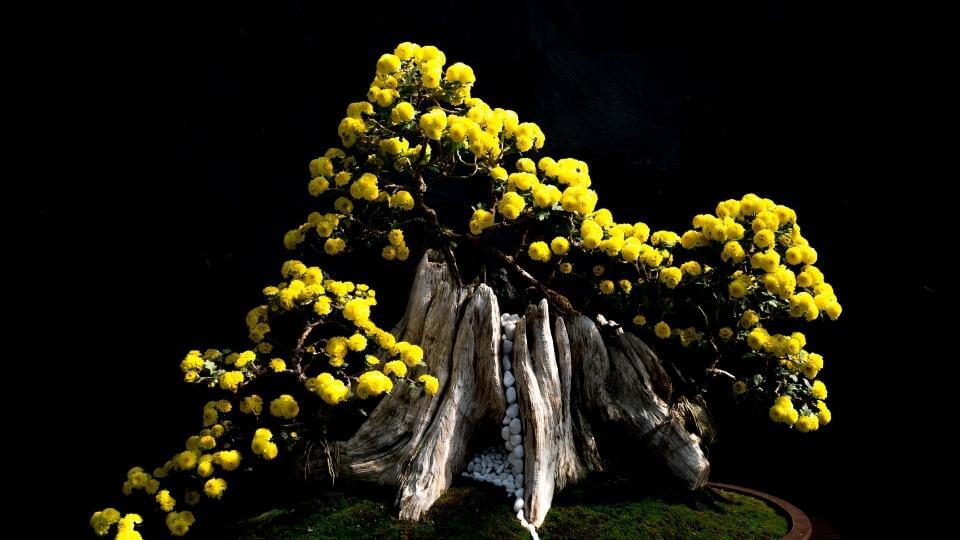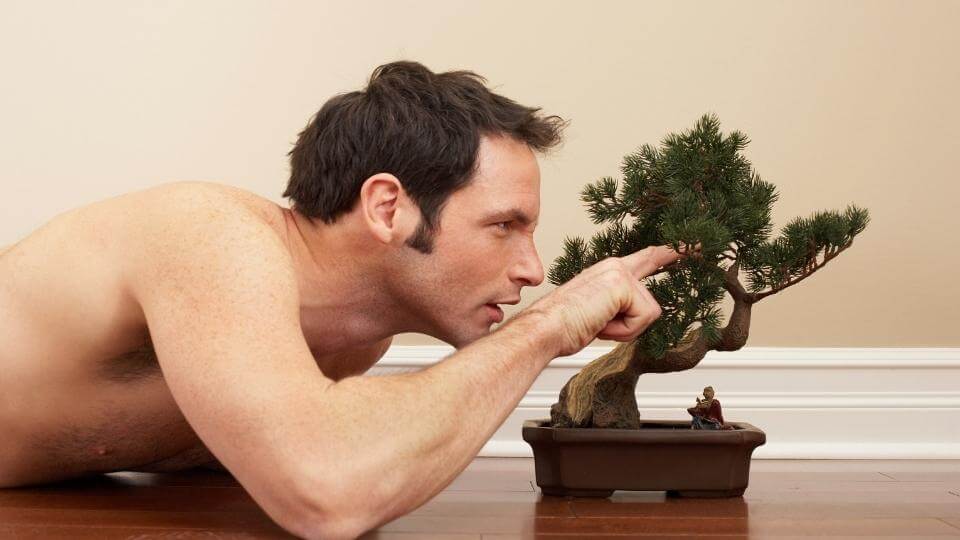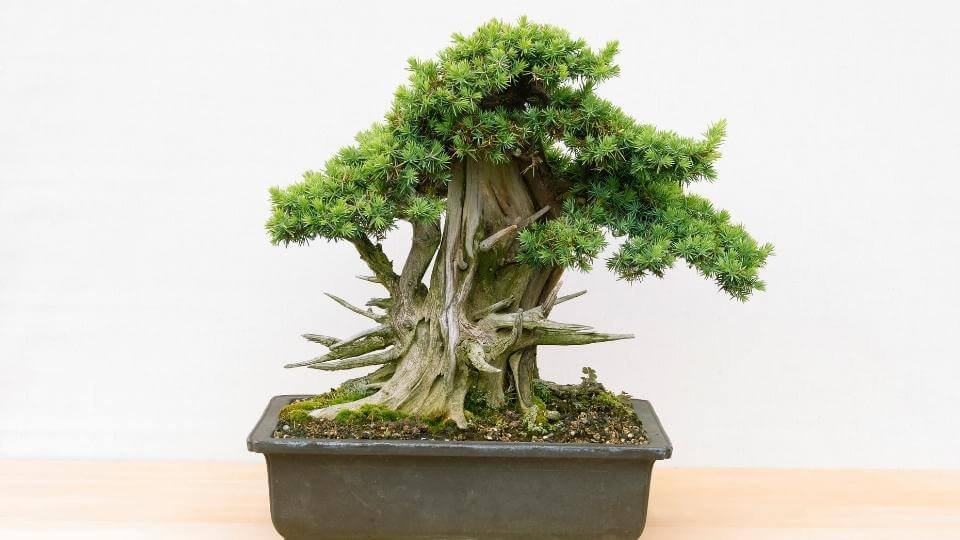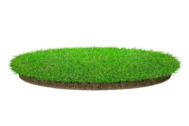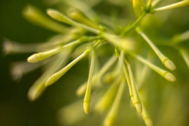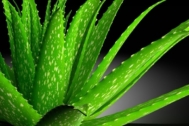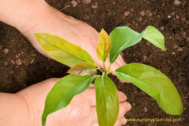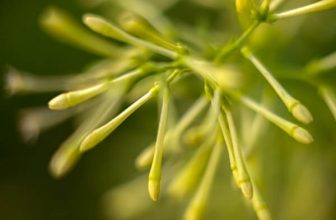What is bonsai?
Forest means shallow pot and sai means tree i.e. bonsai means a tree with hard stems in a consistent shallow pot. Which is aesthetically smaller in size than other trees.
In other words, the bonsai tree refers to a small potted tree and this bonsai is said to be the only living art. Because here the tree is beautifully cut and brought as a tidy and then it is made aesthetic.
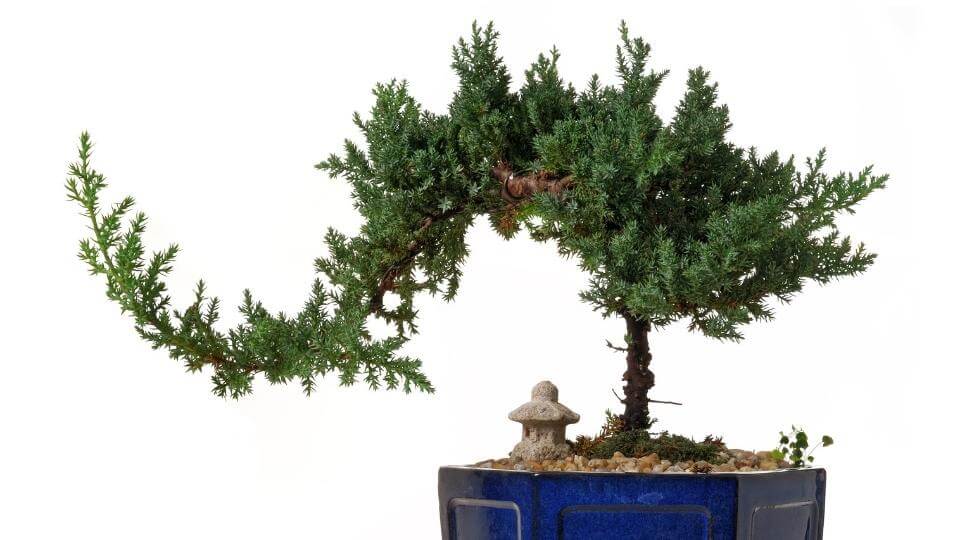
History of Bonsai Tree Making
If you look at the history of planting trees or saplings in pots or tubs of ancient Egyptian civilization, you can find the history of planting saplings by cutting stones around 4000 BC. In ancient India, it was customary to plant medicinal plants in tubs or containers for medicine, the first mention of benzyl being found in Chinese civilization around 420 BC.
It later spread to different forms in Thailand, Japan, Korea, and Vietnam. The Japanese first used dwarf plants in small pots to decorate their houses. The Japanese then changed the pronunciation of the Chinese benzyl as they tended to small trees in relatively shallow containers. Which later became bonsai.
How to grow a bonsai tree ?
The Japanese have been practicing bonsai by hand for hundreds of years. Centuries-old bonsai practice is now a living art. The Japanese are still able to maintain their superiority in the bonsai industry. Many Japanese families have inherited the practice.
Since the main component of this industry is a living tree, it cannot be absolutely created or transformed. Bonsai is a very expensive industry. Bonsai is time-consuming and has to be attended to throughout the year for a great work of art.
According to many, bonsai is a great work of art that requires imagination like a poet, skilled handicrafts like handicrafts, depth of vision like painting, and deep knowledge about farming like an experienced farmer.
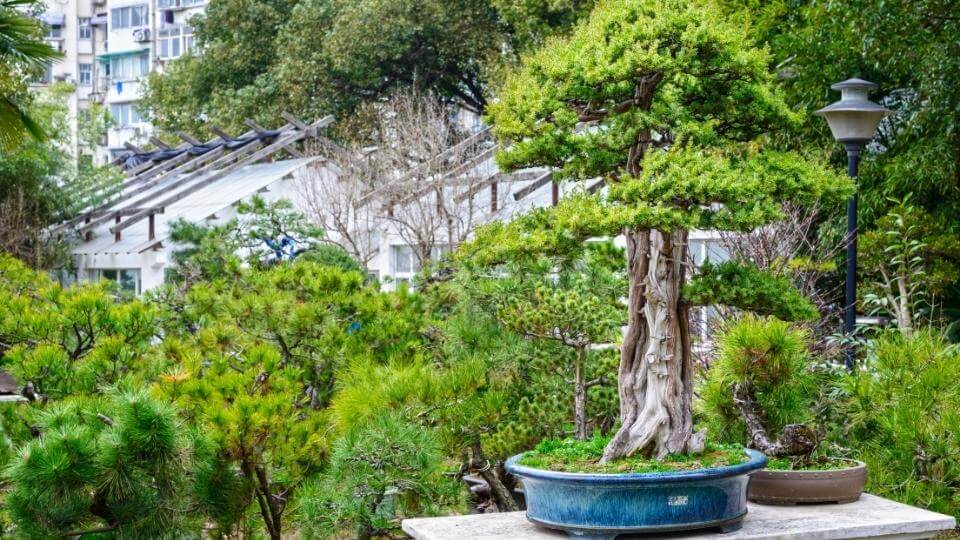
Bonsai is a unique work of art. But this art is completely alive. The only difference between bonsai and other inanimate objects is the bonsai.
Bonsai is actually a pursuit, but it is not overnight. It takes months, months, years to make a bonsai. To do bonsai you need to know the science and you need to know agriculture. But once you do bonsai, you will feel that every bonsai is like a child of yours. They have to be nurtured and raised.
You only need to know what fertilizer works to make bonsai. Otherwise, you can buy bonsai trees to decorate your beautiful house.
Suitable varieties for making bonsai trees
The most suitable for the family are:
- All those trees grow slowly
- The trunk of the tree is thick
- The leaves fall once a year
- With age, the bark of the tree becomes thick
- The trees stay fresh
- However, grafting is better than making trees from seeds. Because in this case, you can change the trunk of the tree as you wish. You can cut and decorate as you like. Moreover, bonsai from seed takes more than 8 to 12 years
- And it takes 4 to 6 years to cut the stalks.

Name of bonsai tree
There are some bonsai trees in Bangladesh,
Bot
Bakul
Shimul
Wings
Tamarind
Shirish
Acacia
Palash
Biliti Bell
Chatim
Hijal
Jam
Neem
Belly
Gab
Shefali
Guava
Heora
Pomegranate
Tamal
Grapefruit
Orange
Basil
Deaf
Plum
Border
Kamini
Mehedi
Kadai
Arjun
Jarul
Juniper
Narsingh
Karamcha
Lukluki
Krishnacura
Kadbel
Fir
Psyche
Greenery
Kamranga
Amalaki
Blue Jaba
Red Jaba
Blossom
Ashferra
Horse bot
Nuda bot
Pakur bot
Woodpecker
Neem
Red rose
Khai Babla
Conakry
Rosemary
White-eyes
Star Queen
Garden luxury
Heliconia
Pink flowers
Drink luxury
Saliva leaves
Lal Jamrul
China bamboo
Evening Malti Yellow
Yajna fig
Almond
Cardamom
Types of bonsai trees
There are different stages to get the type and appearance of the tree. Bahari is their type, Bahari is their shape, and Bahari is their name. Suppose a bonsai creates two stems on a tub or from the base of a tree, then it is called twin trunk bonsai. When three stems are formed on the top of a tub or from the base of a tree, it is called triple trunk bonsai. Thus at least 11 types of bonsai are widely known
The bonsai identity of Bangladesh is not very long. Bangladesh bonsai became widely known 25 to 30 years ago.
Bonsai can be done on the roof of the house. You can use bonsai if you have a nice home design. Sitting will enhance the beauty of your home a lot. If you want to build a house, you can work knowing the cost of building a house. NBconsultant is a good and trusted organization for online home design.

Bonsai Care & Planting:
Soil selection
The most suitable soil for bonsai cultivation is loamy soil. To get good results it is necessary to mix soil with brick powder, stone powder, terracotta powder, sand, compost manure, ash, etc. It will be better if you can mix dung manure, earthworm manure, organic matter, etc. with the soil. The soil should be prepared in such a way that there is no problem with drainage.
Seedling collection
You can collect saplings from anywhere to make bonsai. You can collect pen/grafting seedlings and also make seedlings from seeds. Seedlings can be collected by cutting, layering, air layering, etc. in the pen. Seedlings can be planted from the nursery. Again, saplings of the bot, poker, ashvattha trees can also be collected from old walls and old brick piles.
Collection of seedlings from cutting
How to make bonsai in the cocoon pen method?
The cocoon pen method can be followed for almost all types of Ficus variety. Here is a pen method of Ficus variety –
- In case of selection of pulses first, 1-5-year-old pulses suitable for bonsai should be collected.
- Then you have to determine the eye for cutting. It can be selected from any place. Then cut the bark a little below the eyes.
- After selecting the eyes and cutting the bark, the roots will come out within a maximum of 21 days.
- The cocoon requires a sharp knife, a little soil, some dung manure, some yarn, and scissors.
- If the color of the roots that will come out after cutting the bark is brown, it should be cut with a scissor or hexaw blade.
- Then soil and dung manure should be mixed well with 60% and 30% share respectively. Finally, put it in a 6 ”high tub and keep it away from sunlight for 7 days and then put it in the sun. You can make good quality trees by following this method.
Method of collecting seedlings from soil
The best time to collect seedlings is at the beginning of the rainy season or at the end of winter. You can follow the following steps in collecting seedlings.
- First, select the seedling you want to collect and soak it around the seedling with water for some time.
- Then cut a circular ditch 0.75 m wide and 1.5 m deep leaving 1.5 m around the gudi.
- Now completely remove the soil from the drain and fill it with an equal amount of sand and compost.
- In 3/4 weeks new roots will be seen in the drain. Then one-third of the root should be cut by tunneling to the bottom of the tree. Thereby increasing the effectiveness of the branch roots.
- Then, after 10 days, one-third of it and after the next 10 days, one-third of the remaining roots should be cut off.
- Now after waiting for another 10 days, carefully lift the seedling with soil and roots. Try to pick the seedlings in the afternoon and cover the roots of the seedlings with wet moss.
- Method of collecting saplings from burnt house walls and rocky land
- It is very easy to collect saplings from the walls and grooves of the haunted building. In this case, to collect the tree, soak it around the tree with water irrigation 1-2 weeks in advance. Then the stones or bricks should be slowly broken down and the seedlings should be brought up with roots.
Bonsai Pot
Bonsai does not require large pots. It is possible to make bonsai trees in relatively small containers. However, small holes must be kept in the bottom of the bonsai tub for drainage.

Steps to Planting Bonsai Trees:
Bonsai trees are usually planted during the rainy season. However, you can also plant seedlings in other seasons of the year.
- Stem, root, branch, and leaf growth should be controlled.
- Efforts should be made to keep the small tree in the tub in the posture of an older tree.
- The branch should be selected according to the model you want to give to Bonsai.
- Usually, two branches grow on either side of the stem from a pair of leaf chambers. One of them has to be kept according to the selection method.
- In the case of bud-broken seedlings, the buds or petals should be broken off to keep them short and to keep them busy.
- This is a must-have, for any Affiliate, promoting any program. This is because the tree can grow if the ever-growing tip is left with only two leaves.
- The main purpose of breaking the bud is to force the desired root of the lower leaf to grow. Because if they grow, the number of branches of the tree will increase and the tree will be bushy.
How do find the roots or aerial roots of the bonsai tree?
- First, you have to adjust the structure according to the type of bonsai tree. It usually takes at least 2-3 years for a bonsai tree to form and it depends on good skill.
- When the structure of the tree is formed, according to the size of the tree, the tree should be planted with the soil at the base of the tree with bonsai mix soil in large tubs or containers. March-April is the best time.
- If the stalks are not cut within 1 year after planting, many aerial roots will emerge easily and the buds will come out more when the stalks are fully mature.
- If the structure of the tree is not correct, the aerial roots should be cut off because if the aerial root is allowed before the formation of the tree, the thick root of the tree will become thin and the balance will be lost.
Care and maintenance of bonsai trees
Branch selection: Branch selection needs to be done by deciding the model that will be given to the bonsai. From the chamber of the twin, leaves grow two branches on either side of the stem. One of them has to be kept according to the selection method. If the lower one is placed on the right then the upper one should be placed on the left. In fact, the form of the bonsai stem will not have any branches in front. There should be branches only on the right and left sides and also on the backside of the head of the stem.
Pruning: Pruning is usually required when the bonsai is 3-4 years old. The selected thick branch has to be cut with a sharp weapon. The weapon that should be used for this is called Concave Cutting Pliers. The skin grows around the cut site and quickly covers it. Use only those tools that are available for special care of forest sai.
Rules for changing the soil of bonsai trees
- The soil should be changed once a year between March and May. The rainy season is not good for soil change.
- It is best to change the soil when the plant-soil is 90% dry. If the soil is wet, the soil of the tree should not be changed as it may damage the plant and it is inconvenient to change the soil when it is wet.
- At the time of soil change, the remaining soil has to be discarded leaving the original soil or mother soil.
- The thick roots of the tree should be cut neatly so that there is no problem in transplanting.
- Transfer the plant to a new tub or container, making sure that it does not lean.
- When planting trees, the soil should not be over-compacted as it causes drainage problems. If necessary, press the light at the beginning.
- After changing the soil the plant does not need extra water so it is necessary to water as required so that the soil does not stay wet or damp for long. If the soil in the tub is wet, it should be watered a second time after drying.
- After changing the soil, it should be kept in a shady place where light and air can circulate for 7 days, and then it should be exposed to the sun.
Waring or bonding of bonsai trees
- Many people have the misconception that the whole tree will become bonsai in its twists and turns. In fact, it is not necessary to wiring all the branches of the tree.
- Tree waring cannot be done during the rainy season as the flexibility of the tree branches is less at this time.
- It is best to use aluminum or copper wire for wiring.
- Wiring is done in two ways, one by twisting the wire and the other by pulling. The warts are opened after a maximum of 40 days. If the pulses are not in good condition, then re-wiring is required.
- Wiring time depends on the growth of the tree, if the growth is good then wiring can be completed in a short time.
- Care should be taken not to leave deep stains on the tree. The natural beauty of the tree is ruined when the stain falls. If you see light spots on the tree, remove the wiring.
Rules for tying bonsai trees:
One of the artificial ways in which a stem or a branch can be brought to a beautiful, well-formed posture is to tie it. It can be twisted into a simple branch. It requires thick wire for stems and thin wire for branches. Usually, copper wire or aluminum wire is used for this purpose. Keep in mind that the tree becomes very weak as a result of its entanglement. If you keep it wrapped for many days, the branches of the tree become thick and start getting inside it. As a result, the beauty of the tree is lost. So there is no set time for him to keep up. Whenever he wants to get inside the bark of his tree, he has to open it and after a few days, he has to turn it upside down again. In this way, the tree will gradually take shape
What are the bonsai tree benefits ?
Bonsai trees not only carry beauty but also have some benefits. Although the benefits and uses of bonsai trees are not very important. Nowadays bonsai is used for decorating houses as well as interior design.

Stress reduction
Bonsai trees are very useful in reducing stress. It helps you keep your life moving with peace of mind. You can keep bonsai trees in your office or at home. This will help keep your mind calm, which will reduce your frustration and anxiety. Bonsai has a very positive effect on the peace of mind and endurance. And so I think it’s best to keep in touch with your bonsai.
Pure air
One of the benefits of bonsai is that it purifies the air. As it can reduce air pollution, it is very beneficial for lung patients.
Bonsai Pictures
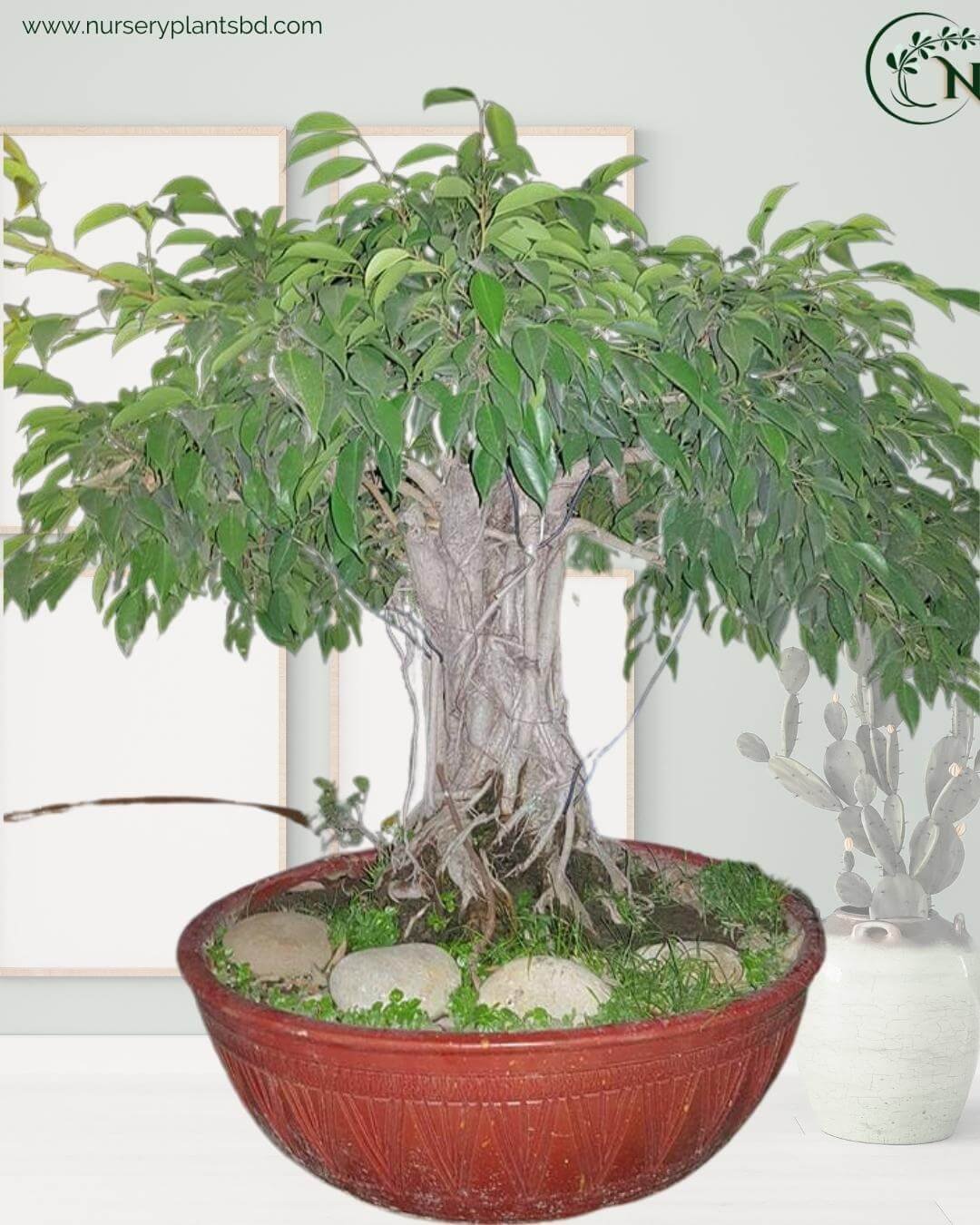



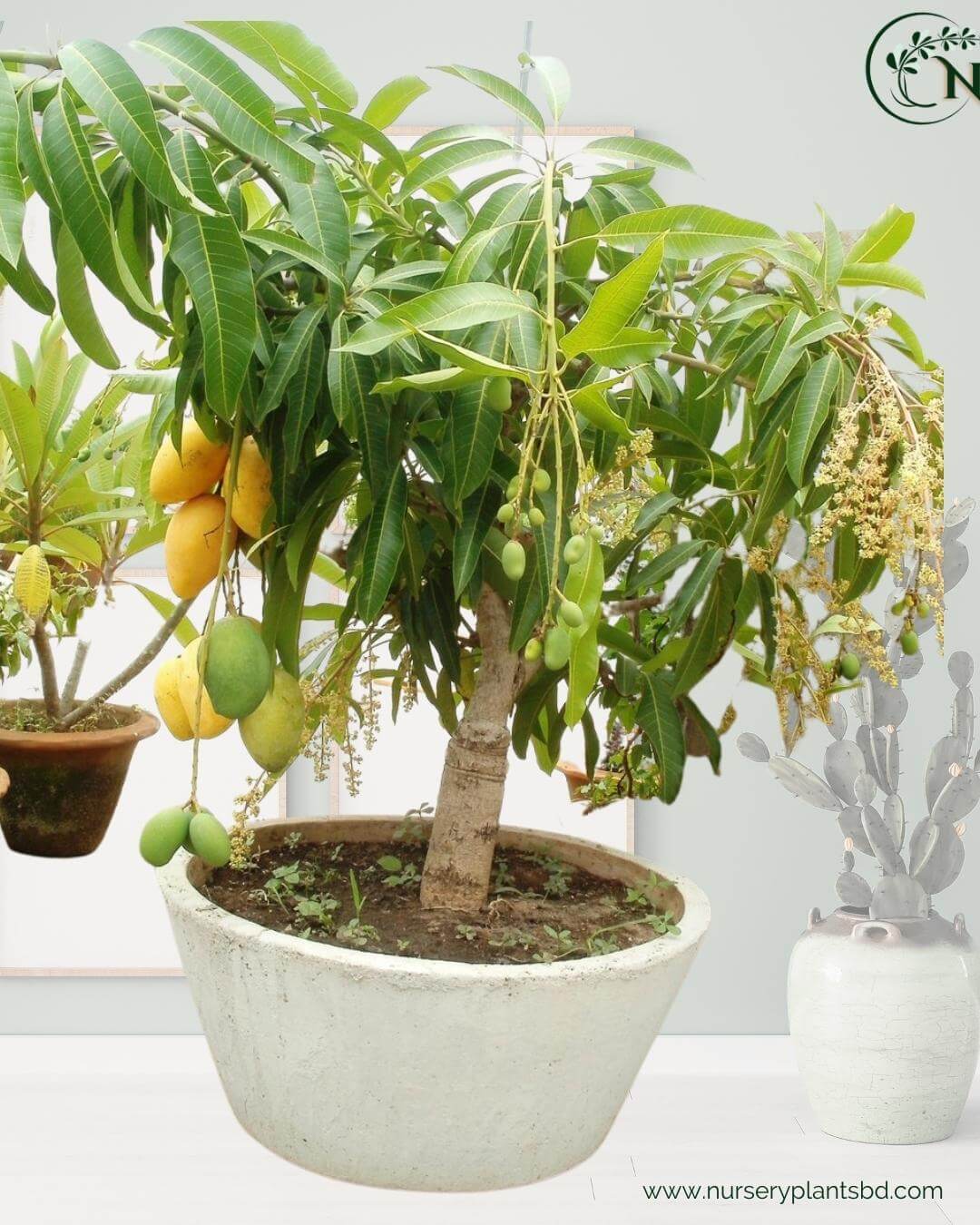




More questions and answers about bonsai trees (QnA)
Which trees are allowed for bonsai?
There are many bonsai trees. The following is a list of bonsai trees:
- Bot
- Bakul
- Shimul
- Wings
- Tamarind
- Shirish
- Acacia
- Palash
- Biliti Bell
- Chatim
- Hijal
- Jam
- Neem
- Belly
- Gab
- Shefali
- Guava
- Heora
- Pomegranate
- Tamal
- Grapefruit
- Orange
- Basil
- Deaf
- Plum
- Border
- Kamini
- Mehedi
- Kadai
- Arjun
- Jarul
- Juniper
- Narsingh
- Karamcha
- Lukluki
- Krishnacura
- Kadbel
- Fir
- Psyche
- Greenery
- Kamranga
- Amalki
- Blue Jaba
- Red Jaba
- Blossom
- Ashferra
- Horse bot
- Nuda bot
- Pakur bot
- Woodpecker
- The color is small
- The color is big
- Neem is beautiful
- Red rose
- Khai Babla
- Conakry
- Rosemary
- White-eyes
- Star Queen
- Garden luxury
- Heliconia
- Pink flowers
- Drink luxury
- Saliva leaves
- Lal Jamrul
- China bamboo
- Evening Malti Yellow
- Yajna fig
- Almond
- Cardamom
Where are bonsai trees found?
It is not available in all nurseries as bonsai trees are very expensive. Making bonsai requires a lot of time and patience. Bonsai is available in very few nurseries in Bangladesh. See our list of bonsai plants.
What is the price of a bonsai tree?
Prices of bonsai trees vary. Depending on the class, variety, structure, and characteristics of the tree, the price of a bonsai tree in Bangladesh starts from Tk.500 to Tk.1 lakh.
Is bonsai permissible in Islam?
There is no such prohibition on bonsai in Islam. However, the method of making bonsai looks bad from a human point of view and Islam always speaks of welfare. Whatever good Islam in the world supports them, evil and obscene things Islam never supports.
Bonsai 4k wallpaper
